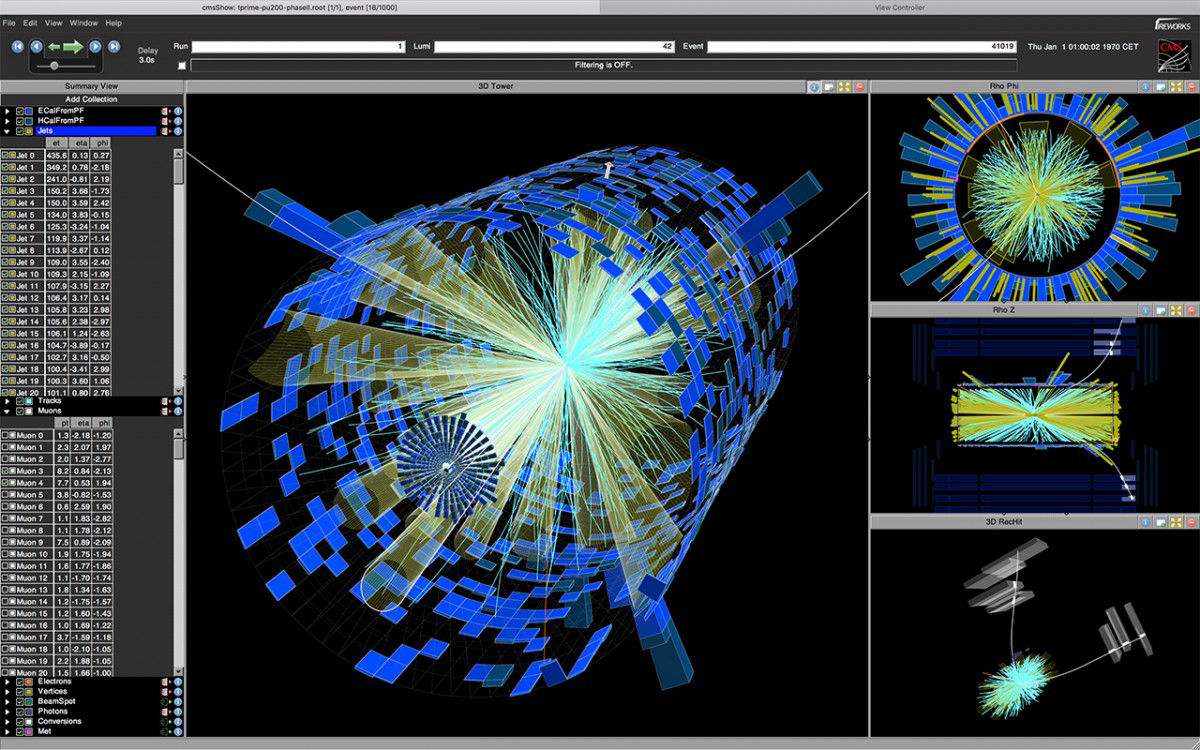
Anticipated Skills at the end of Program
The anticipated skill set will range from basic programming skills, analysis and plot making, implementation and evaluation software, and detector and electronics expertise. These Physics-based knowledge components will be complemented by presentation and publication skills as well as confidence and community-building components, which can be applied at the small local level, all the way up through to the large international collaborations in which we work. The balance between fundamental and applied components of Particle Physics and interconnection with Nuclear Physics is emphasized throughout the program and will lead to well-rounded scientists.
